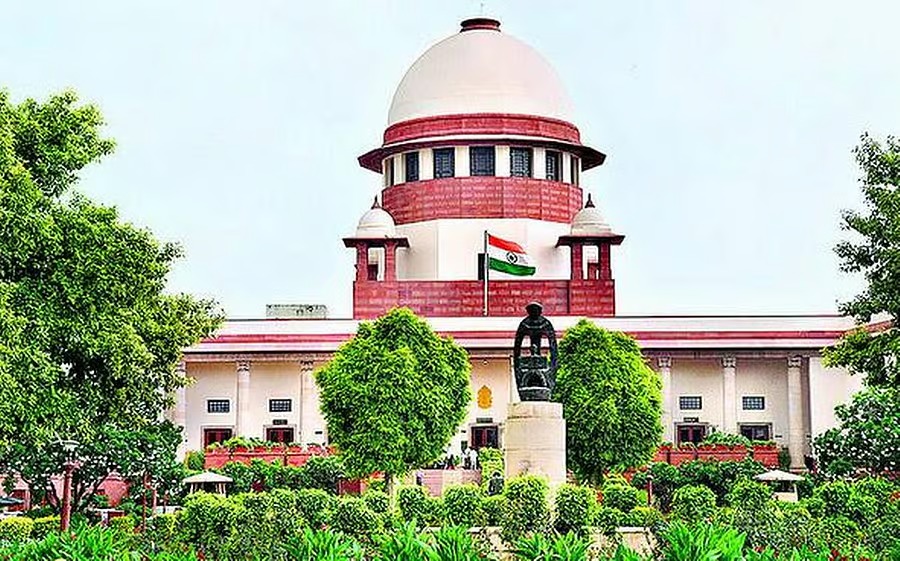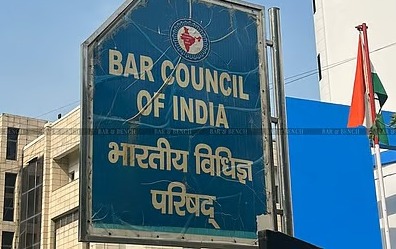Ashim Kumar Roy, J.@mdashThe subject matter of challenge in the instant criminal revision is an order passed by the learned Chief Metropolitan Magistrate, Kolkata, accepting the final report submitted in connection with Shakespeare Sarani Police Station Case No. 292 of 2001 dated 16.10.2001 under sections 418/420/120B of the Indian Penal Code and discharging the opposite party No. 2 from the said case.
2. Heard Mr. Joymalya Bagchi, the learned Advocate appearing with Mr. Sandipan Ganguly as well as Mr. Girija Ranjan Saha, the learned advocate appearing with Mr. Tapan Chakraborty and Mr. Swapan Kumar Mallick, the learned advocate appearing for the State. Perused the impugned order, the Case Diary and other materials on record.
3. The petitioner is the defacto-complainant of the Shakespeare Sarani Police Station Case No.292 of 2001, in connection with which after investigation police submitted final report. Upon perusal of the police report in final form u/s 173 of the Code of Criminal Procedure, contained in the Case Diary, I find there is no note at the relevant place as to when the informant was communicated by the police about the result of investigation and is left blank. Mr. Mallick, on instruction from the Investigating Officer of the case, who is present in Court, admitted that no information was sent to the defacto-complainant, the petitioner herein as to the result of the investigation. Consequently, there is a clear violation of the mandate of the provisions of section 173 (2)(ii) of the Code of Criminal Procedure.
4. In the case of Bhagban Singh v. Commissioner of Police, reported in 1985 SCC (Cri) 267, the Apex Court held as follows,
where the Magistrate to whom a report is forwarded under sub-section (2) (i) of section 173 of the Code of Criminal Procedure decides not to take cognizance of the offence and to drop the proceeding or takes the view that there is no sufficient ground for proceeding against some of the persons mentioned in the First Information Report, the Magistrate must give notice to the informant and provide him an opportunity to be heard at the time of consideration of the report.
5. Thus, in view of the law as laid down by the Apex Court, it is mandatory that before taking into consideration a final report, where the police prays for discharge of any accused from the case, the Court concerned must give notice to the informant and provide him a reasonable opportunity of hearing at the time of consideration of final report. However, I find from perusal of the records of the case that although the Court concerned directed issuance of notice to the informant but without recording its satisfaction about service of notice upon the defacto-complainant, concluded in spite of issuance several notices, the defacto-complainant neither turned up nor submitted any petition.
6. Be that as it may, in a case where the police submitted final report for discharge of the accused from the case, no Court should act as a mere post office. The Court is not bound by the conclusion arrived at by the police and it may agree or disagree with the same. In such circumstances the Court must apply its mind judiciously to see on the evidentiary materials collected by the police, whether any case has been made out against accused or not. If Court finds that on the materials on record a case has been made out, the Court has ample power to take congnizance of offence disagreeing with the conclusion arrived at by the police or if find that the investigation was perfunctory and there are gap in the investigation, the Court can always direct for further investigation. The Court may also upon perusal of the Case Diary agree with the view of the Investigating agency and can accept the final report. Thus, it is essential for a Court whenever a police report is submitted before it after conclusion of investigation to apply its mind judiciously into the evidentiary materials collected by the police during investigation and then come to its own independent findings as to whether the conclusion arrived at by the police after the end of investigation is correct or not and then to pass necessary order. However, in the instant case it appears that the Learned Court accepted the final report as the defacto-complainant neither appear nor moved any petition and according to the Investigating Agency the case was of civil in nature. The approach of the learned Court is quite mechanical and not in accordance with law. Simply because the defacto� complainant did not appear nor file any naraji petition that by itself cannot be the ground for accepting the final report and discharge the accused from the case. In my opinion, still in such a situation the Court is legally bound to look into the materials placed before it by the police and then come to its own independent decision in the matter.
7. In view of the above, the order impugned cannot be sustained and the same is set aside. The instant criminal revision succeeds and stands allowed.
8. The learned Court below is directed that he must pass the necessary order in accordance with law after providing the opportunity of hearing to the present petitioner/defacto-complainant of the case.
9. I make it clear that I have not gone into the merits of the case and it shall open to the learned Magistrate to pass necessary order upon consideration of the materials on record.
Urgent Photostat certified copy of this applied for, be supplied to the parties. Order, if applied for, be supplied to the parties.

